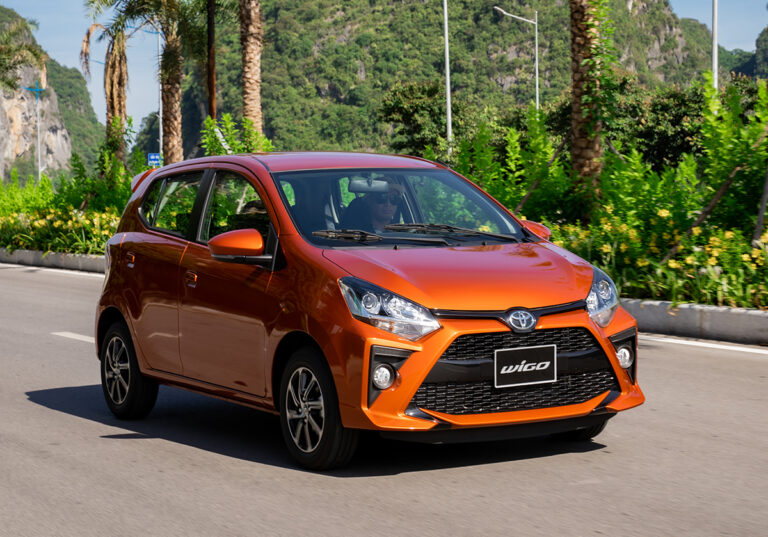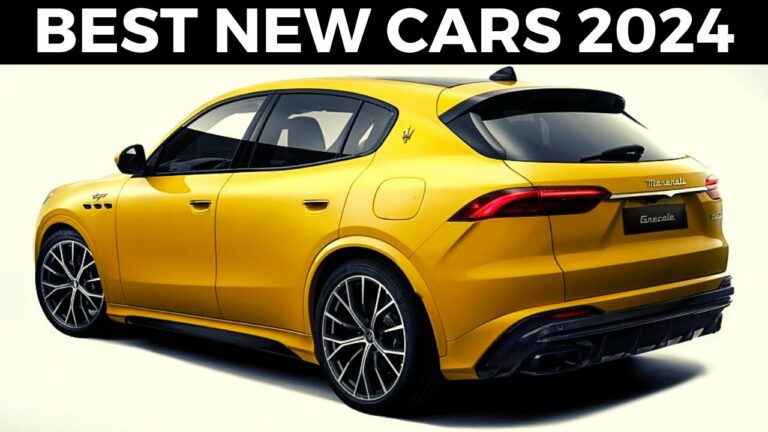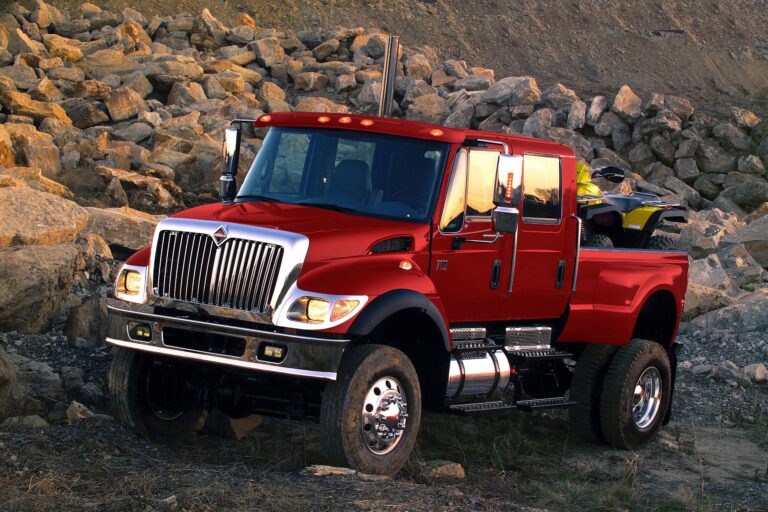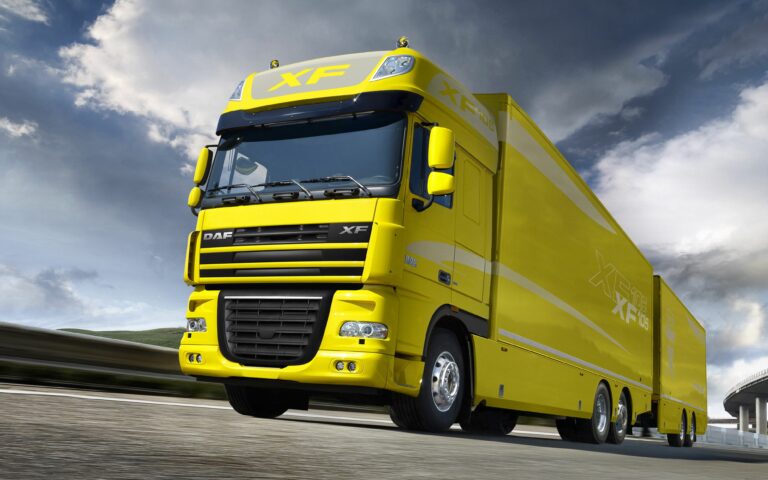Sports Car Brands: A Comprehensive Guide to Performance and Prestige
Sports Car Brands: A Comprehensive Guide to Performance and Prestige cars.truckstrend.com
In the realm of automotive excellence, few segments capture the imagination quite like sports cars. These machines are not merely modes of transport; they are meticulously engineered marvels designed to evoke emotion, deliver thrilling performance, and offer an unparalleled connection between driver and road. The brands that create these automotive masterpieces are legends in their own right, each imbued with a unique philosophy, heritage, and a loyal following. Understanding these sports car brands is to appreciate the pinnacle of automotive design, innovation, and the relentless pursuit of speed and driving exhilaration.
This guide delves deep into the world of sports car brands, exploring what defines them, highlighting the iconic players, discussing crucial considerations for enthusiasts, and peering into the future of this dynamic industry.
Sports Car Brands: A Comprehensive Guide to Performance and Prestige
The DNA of a Sports Car: What Defines Automotive Art?
Before dissecting the brands, it’s essential to understand the core characteristics that define a sports car. While there’s no single, universally agreed-upon definition, sports cars typically embody a blend of:
- Performance: High-performance engines (often powerful V6, V8, V10, or V12s, increasingly electrified), rapid acceleration, and high top speeds are standard.
- Handling & Dynamics: Engineered for precise steering, agile cornering, and exceptional grip, often featuring advanced suspension systems, low centers of gravity, and optimal weight distribution.
- Driver Focus: The cockpit is typically designed around the driver, offering an immersive experience with supportive seating, ergonomic controls, and a direct feel of the road.
- Design: Often sleek, aerodynamic, and visually striking, with an emphasis on aesthetics that communicate speed and aggression.
- Two-Seater (Often): While some have 2+2 configurations, the classic sports car is a two-seater, prioritizing the driving experience over passenger capacity.
- Lightweight Construction: Use of advanced materials like carbon fiber, aluminum, and composites to reduce weight and enhance agility.
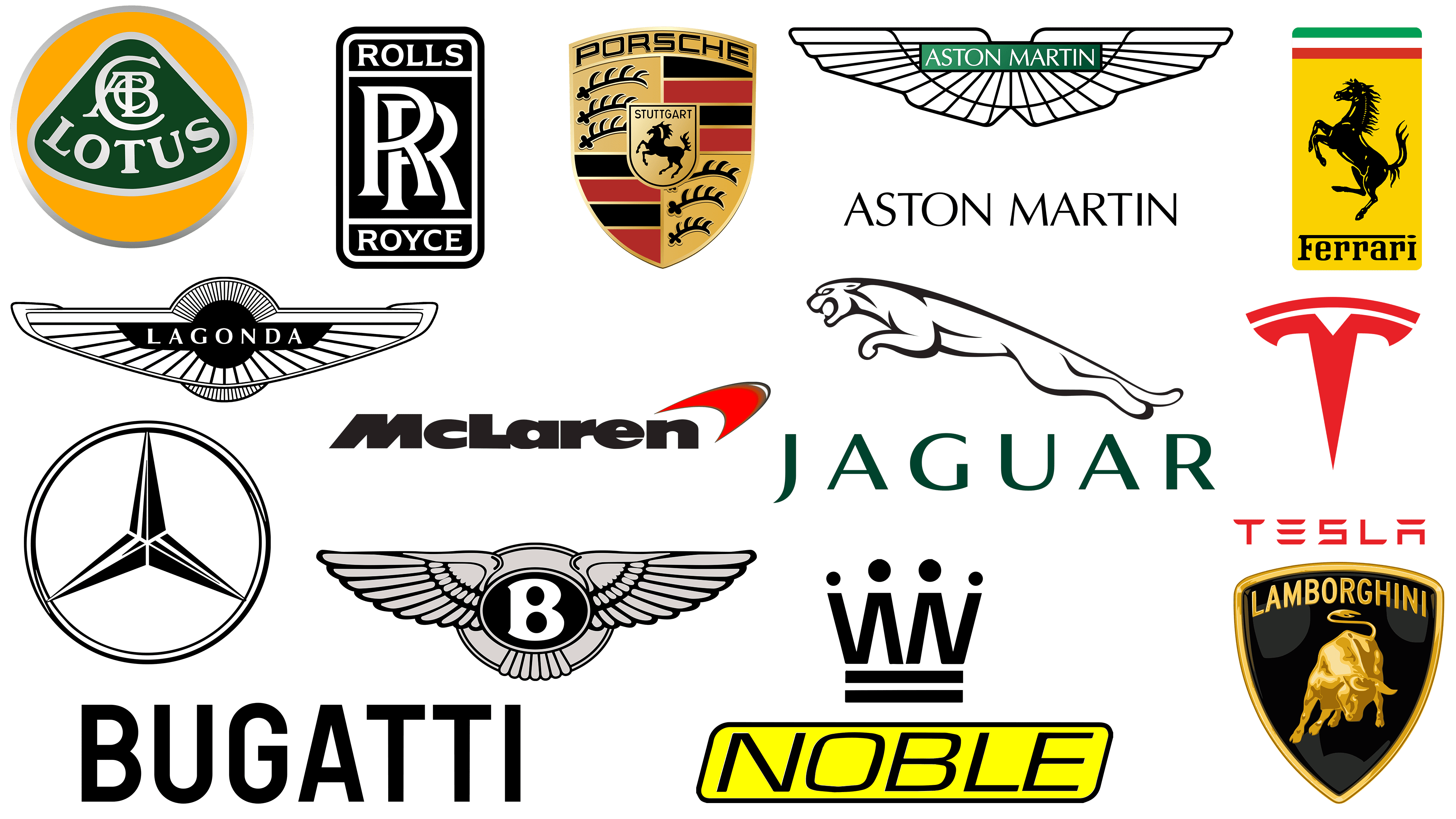
These elements combine to create a vehicle that is not just about getting from A to B, but about the visceral thrill of the journey itself.
Iconic European Sports Car Brands: Heritage, Luxury, and Unrivaled Performance
Europe is the birthplace of many of the world’s most revered sports car brands, known for their rich history, luxurious craftsmanship, and cutting-edge engineering.

- Ferrari (Italy): Synonymous with passion, prestige, and unparalleled performance, Ferrari stands as a beacon of automotive aspiration. Founded by Enzo Ferrari in 1947, the Prancing Horse has dominated racetracks and adorned the driveways of the elite for decades. Their cars are celebrated for their operatic engine notes, breathtaking acceleration, and exquisite Italian design. Models like the F8 Tributo, 296 GTB, and the SF90 Stradale represent the pinnacle of their current offerings, blending traditional V8s with hybrid technology.
- Lamborghini (Italy): Born from a rivalry with Ferrari, Lamborghini quickly established itself as the purveyor of aggressive, visually striking supercars. Known for their dramatic, angular designs and powerful V10 and V12 engines, Lamborghinis are statement vehicles. The Huracán and Aventador are their current poster cars, while the Urus SUV demonstrates the brand’s ability to inject supercar DNA into a more practical form factor, albeit a highly performant one.
- Porsche (Germany): While often associated with precision engineering and daily usability, Porsche’s core lies in its sports car heritage. The iconic 911, with its rear-engine layout and timeless design, has evolved over generations to remain one of the most capable and engaging sports cars on the planet. The 718 Cayman and Boxster offer mid-engine agility, while the electric Taycan showcases Porsche’s commitment to future performance without compromising driving dynamics.
- McLaren (UK): A relatively younger brand in road car production compared to its rivals, McLaren leverages its Formula 1 expertise to create uncompromising, driver-focused supercars. Known for their carbon fiber chassis, lightweight construction, and pure driving dynamics, McLaren models like the 720S, Artura, and the Senna offer a direct, unadulterated performance experience.
- Aston Martin (UK): Blending British elegance with powerful performance, Aston Martin cars are renowned for their luxurious interiors, distinctive grilles, and sophisticated yet muscular presence. Famously associated with James Bond, models like the Vantage, DB11, and DBS Superleggera offer a unique blend of GT comfort and sports car exhilaration.
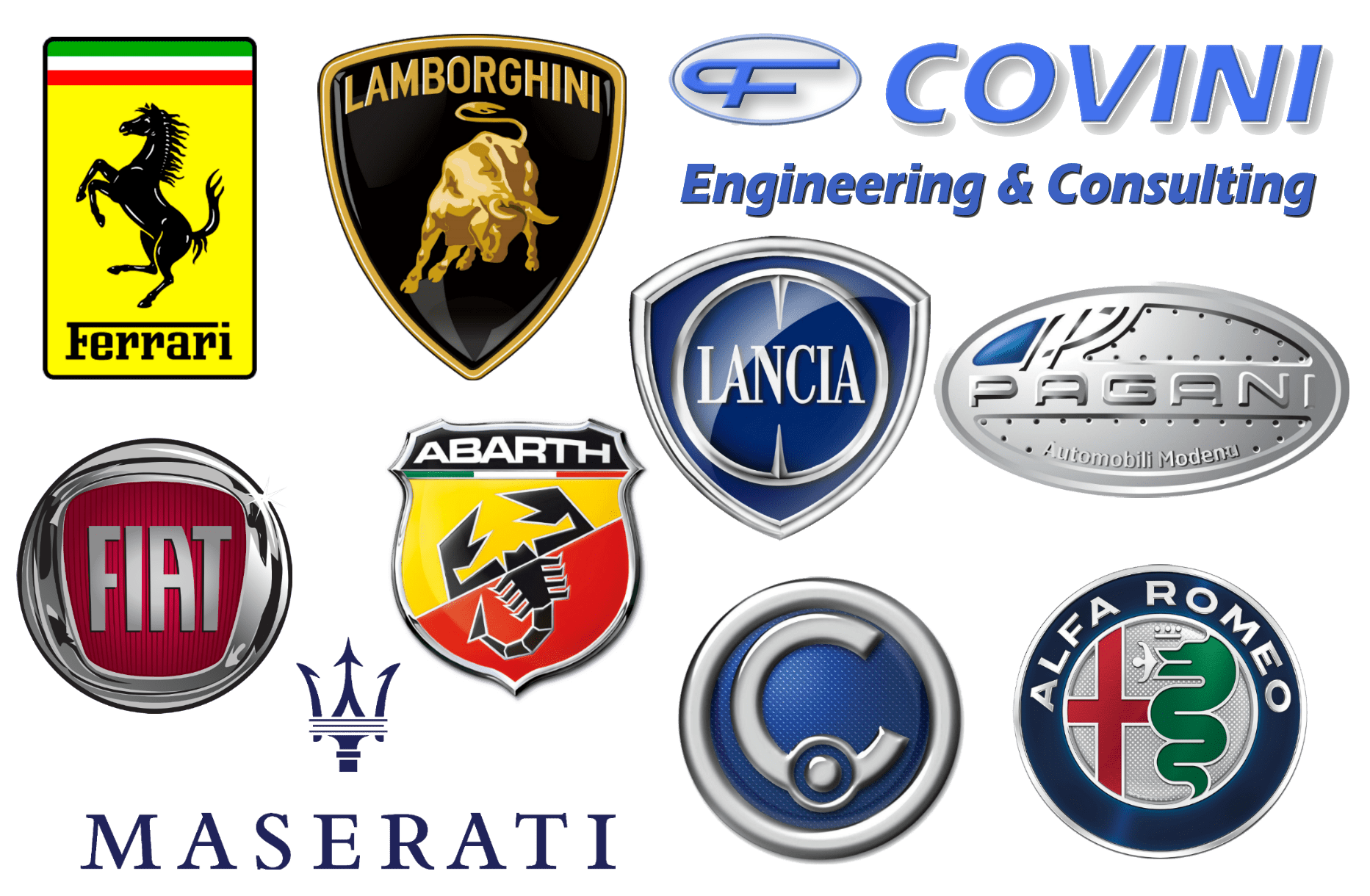
American Muscle and Performance Brands: Raw Power and Iconic Styling
Across the Atlantic, American brands offer a distinct flavor of sports car, often characterized by powerful V8 engines, aggressive styling, and a focus on straight-line speed, though modern iterations are increasingly capable in the corners too.
- Chevrolet (Corvette): The "America’s Sports Car," the Chevrolet Corvette has been an icon for generations. Evolving from a front-engine legend to its current mid-engine C8 generation, the Corvette offers supercar-level performance at a fraction of the price of its European rivals. It represents incredible value for performance enthusiasts.
- Ford (Mustang): While not exclusively a two-seater sports car, the Ford Mustang’s performance variants (GT, Mach 1, Dark Horse, Shelby GT500) firmly place it in the sports car conversation. It embodies the spirit of American muscle, offering powerful V8s, a distinctive exhaust note, and a long history of performance customization.
- Dodge (Challenger/Charger Hellcat): While the Charger is a sedan and the Challenger has a back seat, their Hellcat and Demon variants push the boundaries of what’s considered "muscle car" into hyper-performance territory. With supercharged V8s producing over 700 horsepower, they are all about raw, brutal power and drag strip dominance, offering a unique American take on performance.
Japanese Precision and Innovation: Accessible Performance and Engineering Excellence
Japanese sports car brands are celebrated for their meticulous engineering, technological innovation, and often, a focus on delivering high performance with impressive reliability and value.
- Nissan (GT-R, Z): The Nissan GT-R, affectionately known as "Godzilla," redefined what a Japanese sports car could be. With its advanced all-wheel-drive system, twin-turbo V6, and incredibly sophisticated electronics, it can outrun cars costing significantly more. The new Nissan Z continues the legacy of accessible, fun-to-drive performance.
- Honda (NSX, S2000): Honda’s sports car history is marked by engineering prowess. The original NSX, developed with input from Ayrton Senna, challenged European supercars with its V6 engine and everyday usability. The S2000 roadster is revered for its high-revving naturally aspirated engine and sublime handling. The current hybrid NSX showcases Honda’s technological ambition.
- Toyota (Supra, GR86): Toyota has made a strong return to the sports car segment. The GR Supra, developed in collaboration with BMW, brings a powerful turbocharged inline-six and sharp handling. The GR86 (and its Subaru BRZ twin) offers a purist’s approach to sports car driving: lightweight, naturally aspirated, and rear-wheel drive, emphasizing balance and driver engagement.
Emerging and Niche Players: Hypercars and Uncompromising Focus
Beyond the mainstream, several smaller or more specialized brands push the boundaries of performance and exclusivity:
- Lotus (UK): Renowned for its "simplify, then add lightness" philosophy, Lotus cars like the Emira prioritize handling, agility, and a direct driving experience over brute force.
- Pagani (Italy) & Koenigsegg (Sweden): These are hypercar manufacturers, producing extremely limited numbers of bespoke vehicles with astronomical price tags, pushing the absolute limits of performance, design, and engineering.
Key Considerations When Choosing a Sports Car Brand
Selecting a sports car is a deeply personal decision, but several practical factors should guide your choice:
- Performance vs. Usability: Do you want a track-focused beast or a grand tourer capable of daily driving? Brands like McLaren lean towards the former, while Porsche and Aston Martin often offer a better balance.
- Maintenance and Running Costs: Sports cars, especially high-performance exotics, come with significant ownership costs including specialized servicing, expensive tires, and higher insurance premiums.
- Brand Legacy and Resale Value: Established brands with strong heritage often hold their value better. Limited-production models can even appreciate.
- Technological Innovation: Are you drawn to cutting-edge hybrid powertrains, advanced driver aids, or a more analog driving experience?
- Personal Preference: Ultimately, the car should speak to you. Consider the design, the sound, the feel of the controls, and how it makes you feel behind the wheel.
Practical Advice and Actionable Insights
- Define Your Priorities: Before looking at specific brands, decide what aspects are most important to you: raw speed, handling prowess, luxury, daily usability, or investment potential.
- Set a Realistic Budget: Factor in not just the purchase price, but also insurance, maintenance, fuel, and potential modifications.
- Research Extensively: Read reviews, watch videos, and compare specifications across different models and brands. Understand their common issues and ownership experiences.
- Test Drive, Test Drive, Test Drive: The only way to truly know if a car is for you is to drive it. Pay attention to ergonomics, driving dynamics, and how connected you feel to the vehicle.
- Consider the Aftermarket: For some brands (e.g., Ford Mustang, Nissan GT-R), a vast aftermarket exists for customization and performance upgrades.
- Join Communities: Engage with owner forums and clubs. Their insights can be invaluable for understanding the nuances of owning specific brands and models.
The Future of Sports Car Brands
The sports car landscape is evolving rapidly. Electrification is no longer a distant concept but a present reality, with brands like Porsche (Taycan), McLaren (Artura), and Ferrari (SF90 Stradale, 296 GTB) embracing hybrid and full-electric powertrains. Autonomous driving features are becoming more common, though the core driver-centric philosophy of sports cars is likely to remain paramount. Sustainability in manufacturing and materials will also play an increasing role. Despite these shifts, the fundamental appeal of a machine built for exhilarating performance and driving pleasure will endure.
Sports Car Brands: Approximate Starting Price Guide (New Models – USD)
| Brand | Representative Model | Approximate Starting Price Range (USD) | Notes |
|---|---|---|---|
| European | |||
| Ferrari | Roma / 296 GTB | $220,000 – $340,000+ | Varies significantly by model, customization, and limited editions. |
| Lamborghini | Huracán EVO / Urus | $210,000 – $260,000+ | Aventador (V12) prices are significantly higher. |
| Porsche | 718 Cayman / 911 Carrera | $65,000 – $120,000+ | High-end 911 variants (GT3, Turbo S) exceed $200k. |
| McLaren | Artura / GT | $230,000 – $280,000+ | Super Series (720S) higher, Ultimate Series (Senna) in millions. |
| Aston Martin | Vantage / DB11 | $150,000 – $200,000+ | DBS Superleggera, Valhalla, Valkyrie are higher. |
| American | |||
| Chevrolet | Corvette Stingray | $68,000 – $80,000+ | Z06 and E-Ray variants are higher. |
| Ford | Mustang GT / Dark Horse | $40,000 – $60,000+ | Shelby GT500 was higher (discontinued new). |
| Dodge | Challenger Hellcat | $70,000 – $90,000+ | Demon/Redeye variants were higher. |
| Japanese | |||
| Nissan | Z / GT-R | $43,000 – $120,000+ | GT-R Nismo is significantly higher. |
| Honda | NSX (discontinued new) | ~$170,000 (last gen) | S2000 (used market only). |
| Toyota | GR86 / GR Supra | $30,000 – $55,000+ | GR Corolla (hot hatch) is also a performance option. |
Note: Prices are highly approximate starting MSRPs for new models in the US market and can vary significantly based on trim level, options, regional taxes, dealer markups, and market conditions. Used car prices will vary even more.
Frequently Asked Questions (FAQ) about Sports Car Brands
Q1: What’s the difference between a sports car and a supercar/hypercar?
A1: A sports car is generally a high-performance vehicle designed for exhilarating driving, focusing on agility and driver engagement. A supercar is a higher tier, offering extreme performance, exotic materials, and higher price tags (e.g., Ferrari, Lamborghini). A hypercar is the pinnacle, pushing the absolute limits of technology, speed, and exclusivity, often produced in very limited numbers (e.g., Pagani, Koenigsegg).
Q2: Are sports cars reliable?
A2: Modern sports cars from established brands are generally quite reliable, especially Japanese and German brands. However, their high-performance nature often means more frequent and specialized maintenance, which can be expensive. Exotic supercars, due to their complexity and bespoke components, may require more intensive care.
Q3: Can sports cars be used for daily driving?
A3: Many sports cars, particularly those from Porsche, Aston Martin, and even some high-end Chevrolet Corvettes, are designed with a degree of daily usability in mind, offering comfortable interiors, decent ride quality, and some storage. Others, like track-focused McLarens or certain Lamborghinis, are less practical for everyday commuting due to stiff suspension, limited visibility, and low ground clearance.
Q4: What’s the most affordable sports car brand?
A4: Brands like Toyota (GR86), Subaru (BRZ), Mazda (MX-5 Miata), and the entry-level Ford Mustang offer the most accessible entry points into the sports car segment, providing excellent driving dynamics and performance for their price.
Q5: Do sports cars hold their value?
A5: It varies significantly by brand, model, and rarity. Highly sought-after limited-edition models, especially from brands like Ferrari, Porsche (GT models), and McLaren, can hold or even appreciate in value. More common sports cars generally depreciate, though often at a slower rate than regular sedans or SUVs. Regular maintenance and low mileage help preserve value.
Q6: What are the best sports car brands for track driving?
A6: Brands with a strong racing heritage and a focus on lightweight, agile vehicles excel on the track. Porsche (especially 911 GT3/GT3 RS), McLaren, and Lotus are renowned for their track capabilities. Even Chevrolet’s Corvette Z06 and Nissan’s GT-R Nismo are formidable track weapons.
Conclusion
Sports car brands represent the pinnacle of automotive engineering, design, and passion. Each brand carries a unique story, a distinct philosophy, and a commitment to pushing the boundaries of what’s possible on four wheels. From the operatic drama of an Italian exotic to the precision of a German legend, the raw power of an American icon, or the meticulous engineering of a Japanese marvel, the world of sports cars offers a diverse and thrilling experience for every enthusiast. Understanding these brands is not just about appreciating their vehicles; it’s about recognizing the blend of heritage, innovation, and an unwavering dedication to the art of driving that makes them truly special. Whether you aspire to own one or simply admire from afar, the legacy of sports car brands continues to inspire awe and ignite the dreams of automotive lovers worldwide.

